Earth
Sign up for our newsletter
We summarize the week's scientific breakthroughs every Thursday.
-
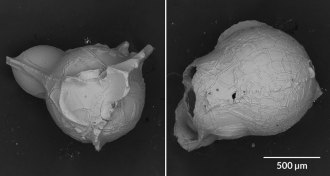 Earth
EarthThese tiny, crackly bubbles are a new type of volcanic ash
Scientists have identified a new type of volcanic ash made up of millimeter-long spheres with a crackled surface.
-
 Physics
PhysicsBizarre metals may help unlock mysteries of how Earth’s magnetic field forms
Weyl metals could simulate the dynamo effect that generates the planet’s magnetism, a new study suggests.
-
 Paleontology
Paleontology‘End of the Megafauna’ examines why so many giant Ice Age animals went extinct
‘End of the Megafauna’ ponders the mystery of what killed off so many of Earth’s big animals over the last 50,000 years.
By Erin Wayman -
 Particle Physics
Particle PhysicsPhysicists measured Earth’s mass using neutrinos for the first time
Counting tiny particles that can zip straight through the Earth reveals what the planet is like on the inside.
-
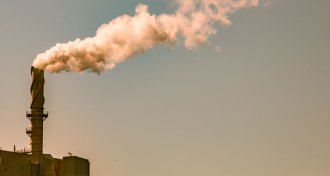 Chemistry
ChemistryNew devices could help turn atmospheric CO2 into useful supplies
New electrochemical cells transform carbon monoxide into useful chemical compounds like ethylene and acetate much more efficiently than their predecessors.
-
 Climate
Climate‘18 Miles’ is full of interesting tales about Earth’s atmosphere
The new book ‘18 Miles’ takes readers on a journey through the atmosphere and the history of understanding climate and weather.
By Sid Perkins -
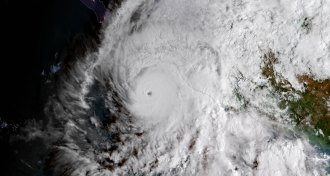 Climate
ClimateHurricane Willa breaks an eastern and central Pacific storm season record
The combined might of eastern and central Pacific hurricanes produced a record-breaking year of storm energy.
-
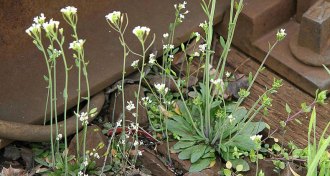 Agriculture
AgriculturePlants engineered to always be on alert don’t grow well
Scientists bred a type of weed to lack proteins that help stem the production of bitter chemicals used to ward off insect attacks.
-
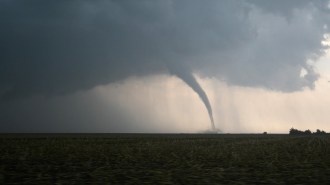 Climate
ClimateMore tornadoes are popping up east of the Mississippi
Tornadoes are becoming slightly less frequent in Tornado Alley, while more are touching down farther east in the United States, a study suggests.
-
 Archaeology
ArchaeologyThe water system that helped Angkor rise may have also brought its fall
A complex water system magnified flooding’s disruption of the medieval Cambodian city of Angkor.
By Bruce Bower -
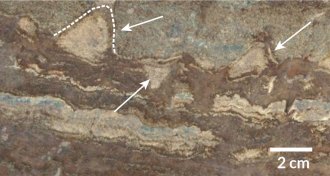 Earth
EarthThese ancient mounds may not be the earliest fossils on Earth after all
A new analysis suggests that tectonics, not microbes, formed cone-shaped structures in 3.7-billion-year-old rock.
-
 Agriculture
AgricultureAdd beer to the list of foods threatened by climate change
Barley crops around the world will be threatened by drought and heat.